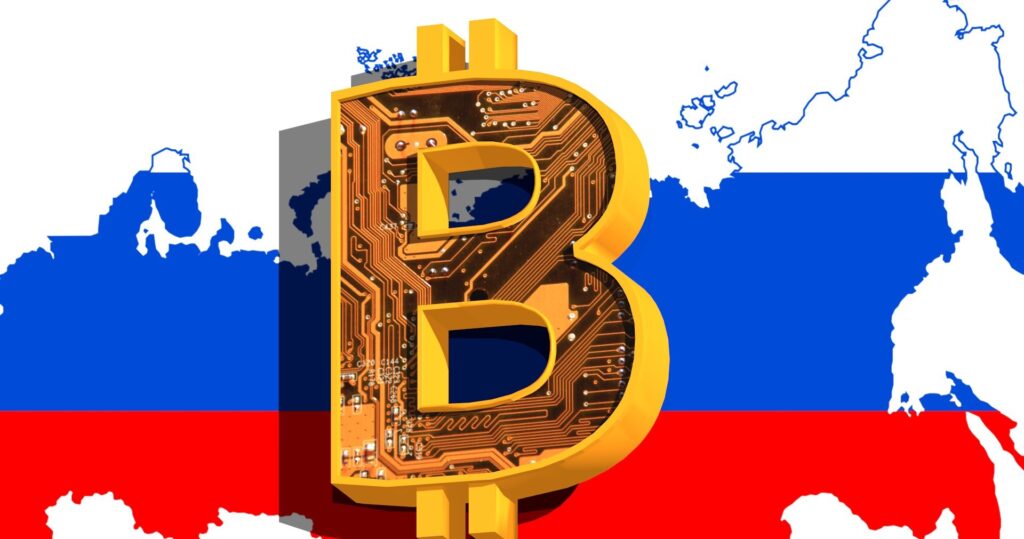The Russian government is implementing Russian crypto mining laws to address energy concerns and regulate Bitcoin mining, starting January 1, 2025. The order contains annual limitations in significant mining sites.TASS has reported that the Russian government has issued an order that would prohibit individuals from mining cryptocurrency in ten different regions beginning on January 1 and continuing until March 15.
This measure aims to alleviate energy concerns by imposing annual limitations in significant mining sites, with the goal of March 15. The prohibition targets regions lacking significant energy resources or dependent on seasonal energy supplies. The new regulations demonstrate that Russian authorities are making further efforts to control the Bitcoin business, which consumes a significant amount of energy.
Some Regions Will Ban Mining
We told ten states—Dagestan, Ingushetia, Kabardino-Balkaria, North Ossetia, Chechnya, the Donetsk and Lugansk People’s Republics, Zaporizhia, and Kherson—that they couldn’t mine digital currencies. This rule applies to mining pools as well. Some parts of Irkutsk, Buryatia, and Zabaikalsky Krai do not currently allow Bitcoin mining. The region is currently experiencing a surge in energy consumption. The study indicates that naming regions and territories is still ongoing. The government committee may need to revise its decisions about electricity development. These regulations aim to prevent businesses from excessive energy consumption.
Legality of Crypto Mining in Russia
To make cryptocurrency mining legal in the Russian Federation, the Federal Tax Service (FTS) has to be informed about the assets obtained and the addresses of wallets holding Bitcoin. This is necessary to make mining cryptocurrency lawful. This action is crucial to establish Bitcoin mining as a legitimate activity. For sufficient compliance with this criterion, the FTS needed this information. In November, the Federal Trade Commission (FTC) made a facility that allows users to input information into a record of Bitcoin miners accessible to users.

This registration also includes businesses that mine Bitcoin. The FTS developed this facility and made it accessible to consumers. Formal organizations are required to have this service, but people who conduct their enterprises also need it. People can acquire a maximum of 6,000 kWh of digital money every month. However, anyone has the potential to acquire this number, which is the maximum feasible amount.
AI to Combat Illegal Mining
Russian researchers developed an artificial intelligence system to detect unlawful cryptocurrency mining activity. This month, the general public gained access to this information. Now that they can access this “world’s first” solution, electricity providers can “fight illegal mining.”Information suggests that St. Petersburg State University sent a response. The individuals responsible for the event planning said that illicit cryptocurrency mining was “one of the most pressing problems” that “Russia’s energy system” was experiencing.
Also Read: Green Energy Mining Potential in Bern’s Bitcoin Strategy in 2024
Summary
The article discusses new changes under the Russian Crypto Mining Laws toward bitcoin mining. On January 1, the Russian Crypto Mining Laws will ban Bitcoin mining in areas without L1 resources or those relying on seasonal energy supplies. The rules target specific areas, including Dagestan, Chechnya, and parts of Irkutsk and Buryatia.
Individuals and businesses must register with the Federal Tax Service (FTS) to mine in Russia. They must report their earned assets and wallet addresses. The FTS has established a method to make this registration easier. Moreover, Russian experts have created an AI system to spot illegal coin mining. Consequently, this will help energy companies fight illegal mining, particularly due to excessive energy consumption.


